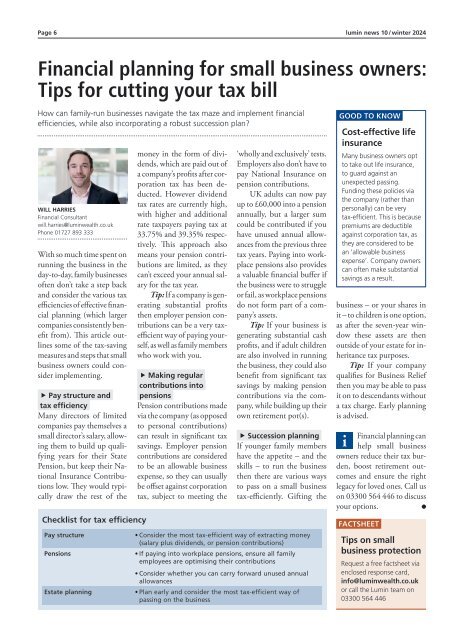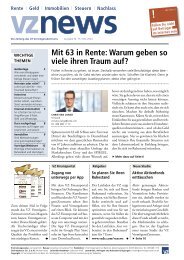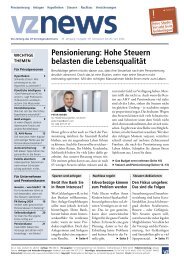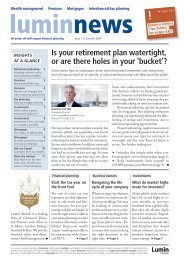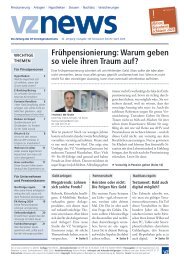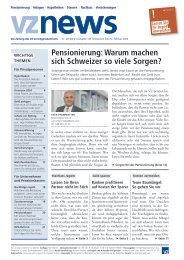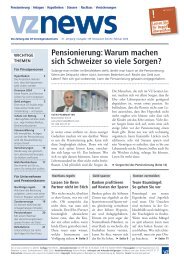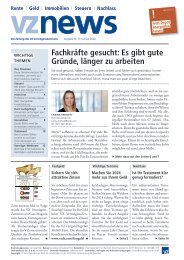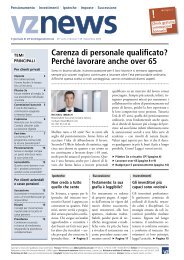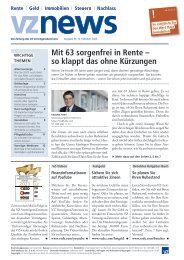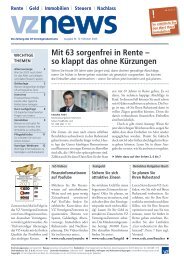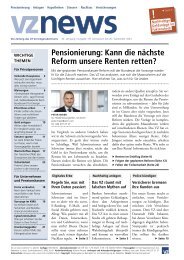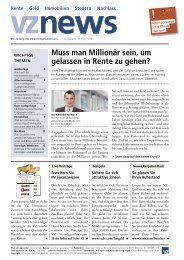lumin news Issue 10 / Winter 2024
You also want an ePaper? Increase the reach of your titles
YUMPU automatically turns print PDFs into web optimized ePapers that Google loves.
Page 6 <strong>lumin</strong> <strong>news</strong> <strong>10</strong> / winter <strong>2024</strong><br />
Financial planning for small business owners:<br />
Tips for cutting your tax bill<br />
How can family-run businesses navigate the tax maze and implement financial<br />
efficiencies, while also incorporating a robust succession plan?<br />
WILL HARRIES<br />
Financial Consultant<br />
will.harries@<strong>lumin</strong>wealth.co.uk<br />
Phone 01727 893 333<br />
With so much time spent on<br />
running the business in the<br />
day-to-day, family businesses<br />
often don’t take a step back<br />
and consider the various tax<br />
efficiencies of effective financial<br />
planning (which larger<br />
companies consistently benefit<br />
from). This article outlines<br />
some of the tax-saving<br />
measures and steps that small<br />
business owners could consider<br />
implementing.<br />
Pay structure and<br />
tax efficiency<br />
Many directors of limited<br />
companies pay themselves a<br />
small director’s salary, allowing<br />
them to build up qualifying<br />
years for their State<br />
Pension, but keep their National<br />
Insurance Contributions<br />
low. They would typically<br />
draw the rest of the<br />
Checklist for tax efficiency<br />
Pay structure<br />
Pensions<br />
Estate planning<br />
money in the form of dividends,<br />
which are paid out of<br />
a company’s profits after corporation<br />
tax has been deducted.<br />
However dividend<br />
tax rates are currently high,<br />
with higher and additional<br />
rate taxpayers paying tax at<br />
33.75% and 39.35% respectively.<br />
This approach also<br />
means your pension contributions<br />
are limited, as they<br />
can’t exceed your annual salary<br />
for the tax year.<br />
Tip: If a company is generating<br />
substantial profits<br />
then employer pension contributions<br />
can be a very taxefficient<br />
way of paying yourself,<br />
as well as family members<br />
who work with you.<br />
Making regular<br />
contributions into<br />
pensions<br />
Pension contributions made<br />
via the company (as opposed<br />
to personal contributions)<br />
can result in significant tax<br />
savings. Employer pension<br />
contributions are considered<br />
to be an allowable business<br />
expense, so they can usually<br />
be offset against corporation<br />
tax, subject to meeting the<br />
‘wholly and exclusively’ tests.<br />
Employers also don’t have to<br />
pay National Insurance on<br />
pension contributions.<br />
UK adults can now pay<br />
up to £60,000 into a pension<br />
annually, but a larger sum<br />
could be contributed if you<br />
have unused annual allowances<br />
from the previous three<br />
tax years. Paying into workplace<br />
pensions also provides<br />
a valuable financial buffer if<br />
the business were to struggle<br />
or fail, as workplace pensions<br />
do not form part of a company’s<br />
assets.<br />
Tip: If your business is<br />
generating substantial cash<br />
profits, and if adult children<br />
are also involved in running<br />
the business, they could also<br />
benefit from significant tax<br />
savings by making pension<br />
contributions via the company,<br />
while building up their<br />
own retirement pot(s).<br />
Succession planning<br />
If younger family members<br />
have the appetite – and the<br />
skills – to run the business<br />
then there are various ways<br />
to pass on a small business<br />
tax-efficiently. Gifting the<br />
• Consider the most tax-efficient way of extracting money<br />
(salary plus dividends, or pension contributions)<br />
• If paying into workplace pensions, ensure all family<br />
employees are optimising their contributions<br />
• Consider whether you can carry forward unused annual<br />
allowances<br />
• Plan early and consider the most tax-efficient way of<br />
passing on the business<br />
GOOD TO KNOW<br />
Cost-effective life<br />
insurance<br />
Many business owners opt<br />
to take out life insurance,<br />
to guard against an<br />
unexpected passing.<br />
Funding these policies via<br />
the company (rather than<br />
personally) can be very<br />
tax-efficient. This is because<br />
premiums are deductible<br />
against corporation tax, as<br />
they are considered to be<br />
an ‘allowable business<br />
expense’. Company owners<br />
can often make substantial<br />
savings as a result.<br />
business – or your shares in<br />
it – to children is one option,<br />
as after the seven-year window<br />
these assets are then<br />
outside of your estate for inheritance<br />
tax purposes.<br />
Tip: If your company<br />
qualifies for Business Relief<br />
then you may be able to pass<br />
it on to descendants without<br />
a tax charge. Early planning<br />
is advised.<br />
Financial planning can<br />
help small business<br />
owners reduce their tax burden,<br />
boost retirement outcomes<br />
and ensure the right<br />
legacy for loved ones. Call us<br />
on 03300 564 446 to discuss<br />
your options.<br />
FACTSHEET<br />
Tips on small<br />
business protection<br />
Request a free factsheet via<br />
enclosed response card,<br />
info@<strong>lumin</strong>wealth.co.uk<br />
or call the Lumin team on<br />
03300 564 446


